Twice a week, Veronica Garcia-Hayes teaches boxing classes to Parkinson’s patients at Rock Steady Boxing in San Francisco. The classes are not just therapeutic for the participants, but for their coach as well.
Garcia-Hayes has been living with Parkinson’s disease for the past 14 years. Diagnosed at 39, when she was 4 months pregnant, Garcia-Hayes knew she didn’t want the disease to stop her active lifestyle.
She also knew she wanted to share her love of fitness with others, which is why in 2017 she became a certified Rock Steady Boxing coach.
“It pulls me out of my funk. It’s nice to be around people in the same boat as you,” she said. “Sometimes, I feel really terrible at the beginning of my day, but then after boxing and teaching classes I feel good again.”
Garcia-Hayes’ boxing is fully supported by her Kaiser Permanente San Francisco neurologist Rima Ash, MD, who says exercise is an important way to slow the progression of the disease — especially for those diagnosed at a young age, like Garcia-Hayes.
“Veronica has taken on exercise and really made it her life’s passion, which is remarkable,” said Dr. Ash, a movement disorder neurologist who has treated Garcia-Hayes for 10 years. “Exercise has been really helpful not only for her mobility, but for bringing her into the Parkinson’s community.”
Unpredictability of the disease
Parkinson’s affects the nerve cells in the brain that produce dopamine. Symptoms can include tremors, slowness of movement, stiffness, and changes in gait. It can also affect people’s cognitive abilities and can cause anxiety and depression.
At a recent appointment with Dr. Ash, Garcia-Hayes spoke about how her medication is only lasting about 2 hours before her symptoms resurface. She says it’s gotten to the point where she is unable to walk at times because her leg thrashes around — making everyday tasks difficult.
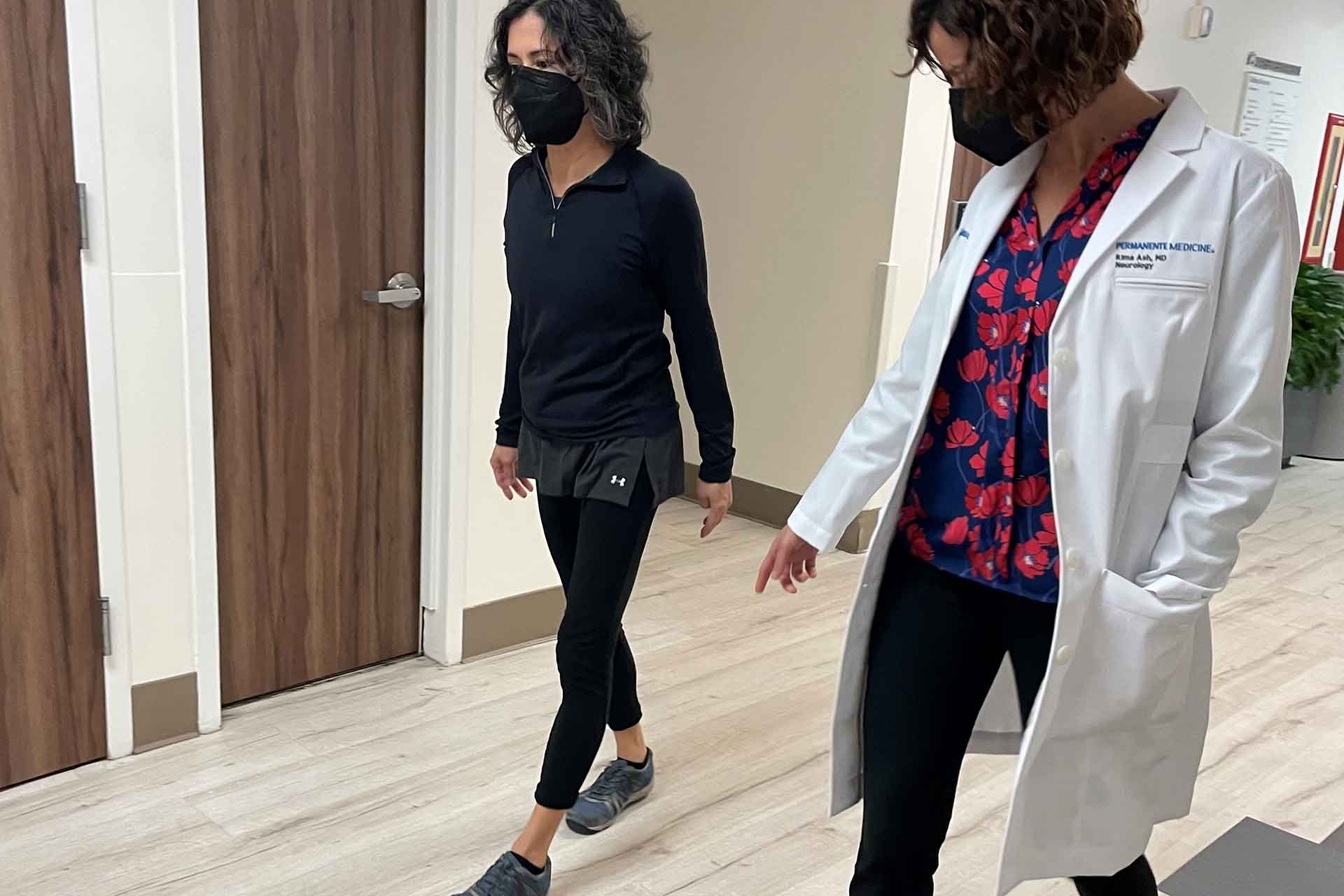
Dr. Ash talks to Garcia-Hayes about adjusting some of her medication and refers her to physical therapy to help with some of her balance issues. But Dr. Ash acknowledges that the disease is more than just physical. As Garcia-Hayes explains how the disease is affecting her mentally, bringing on more anxiety, Dr. Ash encourages Garcia-Hayes to continue with her Parkinson’s support group and yoga, which she says can help Garcia-Hayes with mindfulness. She also works with Garcia-Hayes’ husband on filling out family medical leave forms so he can further support his wife when she needs him at home.
Dr. Ash perceives Garcia-Hayes’s quality of life is starting to decline, and the 2 are now discussing the possibility of Garcia-Hayes undergoing deep brain stimulation or DBS — a surgical intervention that can reduce a person’s reliance on medication to manage the disease.
Advocating for others with Parkinson’s
Garcia-Hayes realizes there will come a time when she will no longer be able to teach boxing classes. But she also doesn’t want to lose her connection to others battling the disease.
She is now working to become a life coach for both Parkinson’s patients and their care providers, and is looking to start a support group for children whose parents have the disease.
She’s also sharing her personal story as part of a PBS documentary on Parkinson’s that is expected to air in 2024. She has not only explained the impact the disease has had on her family, but also the physical and cognitive limitations she is now dealing with.
Dr. Ash, who is expected to be featured in the documentary, said Garcia-Hayes is a true inspiration for the Parkinson’s community.
“She is extremely motivated to make her disease as livable as she can and not only be an advocate for herself, but for others with this disease.”
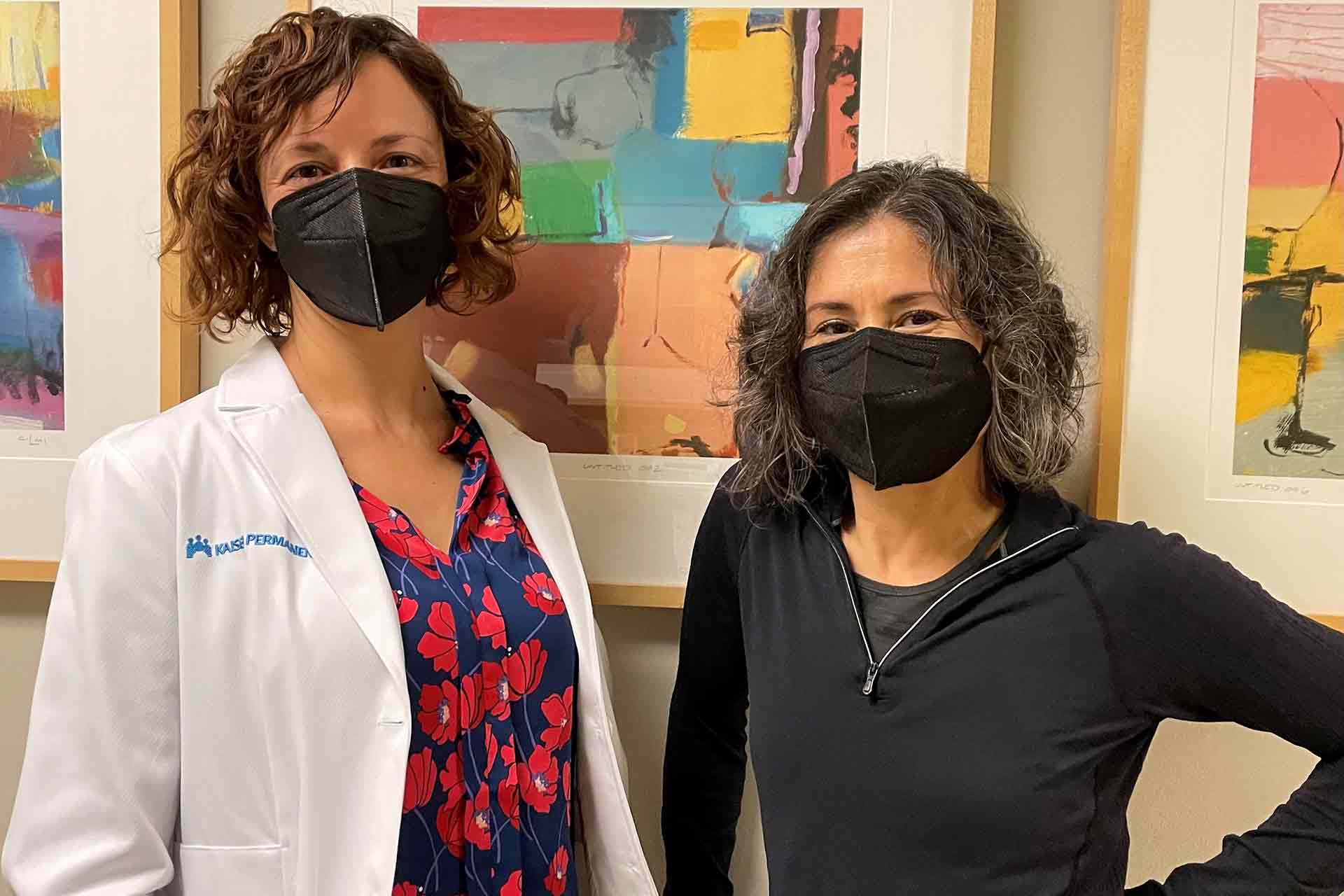
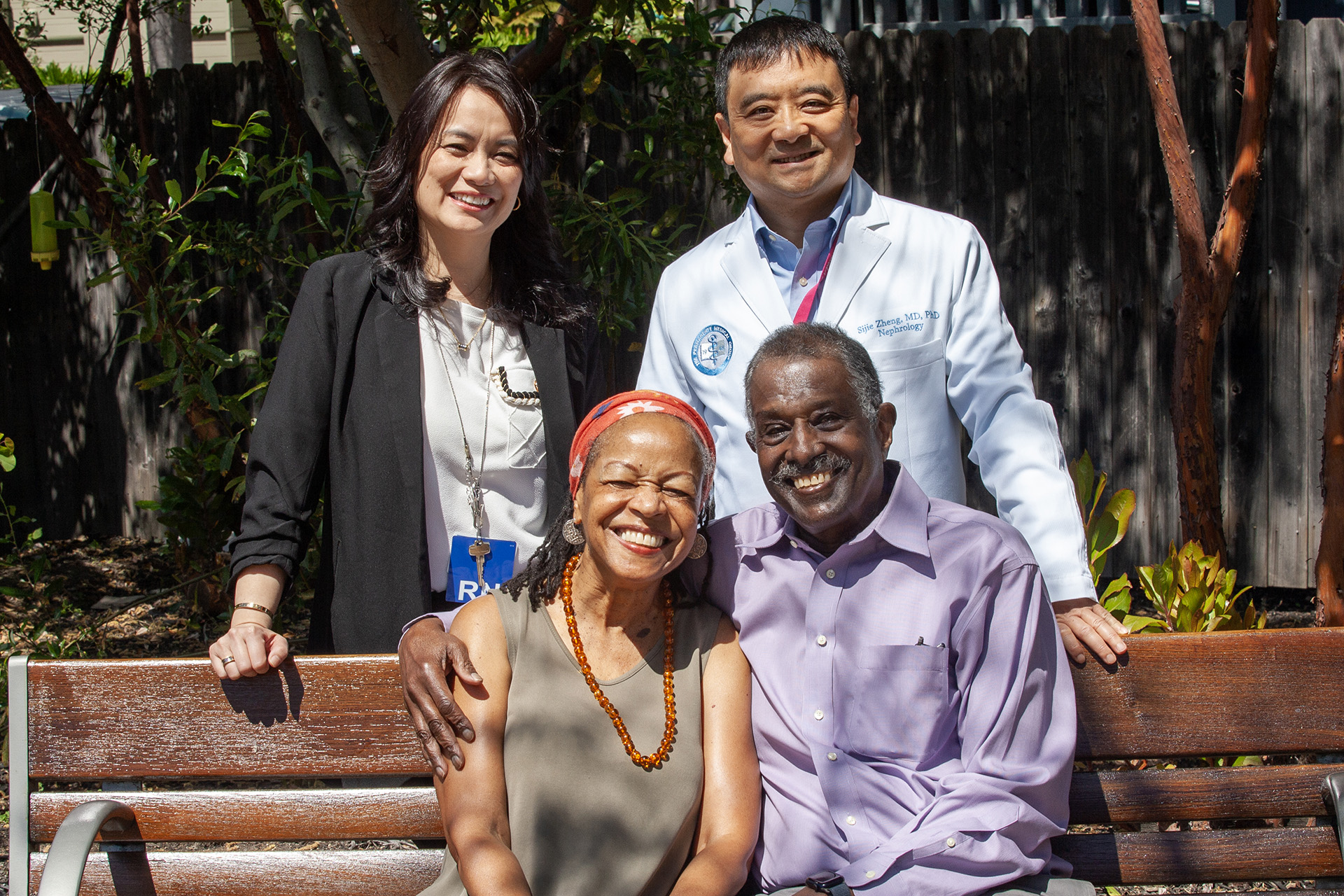
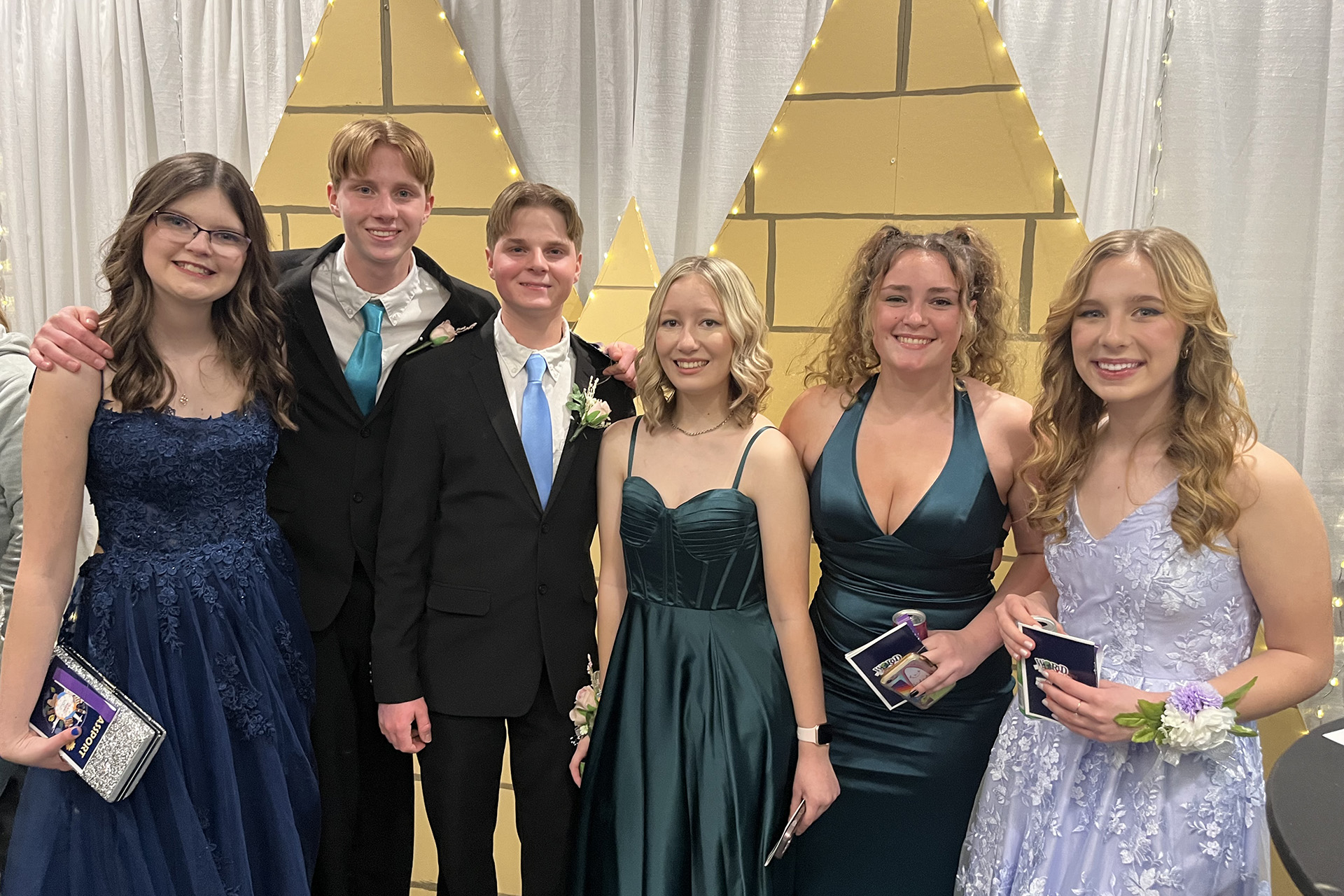
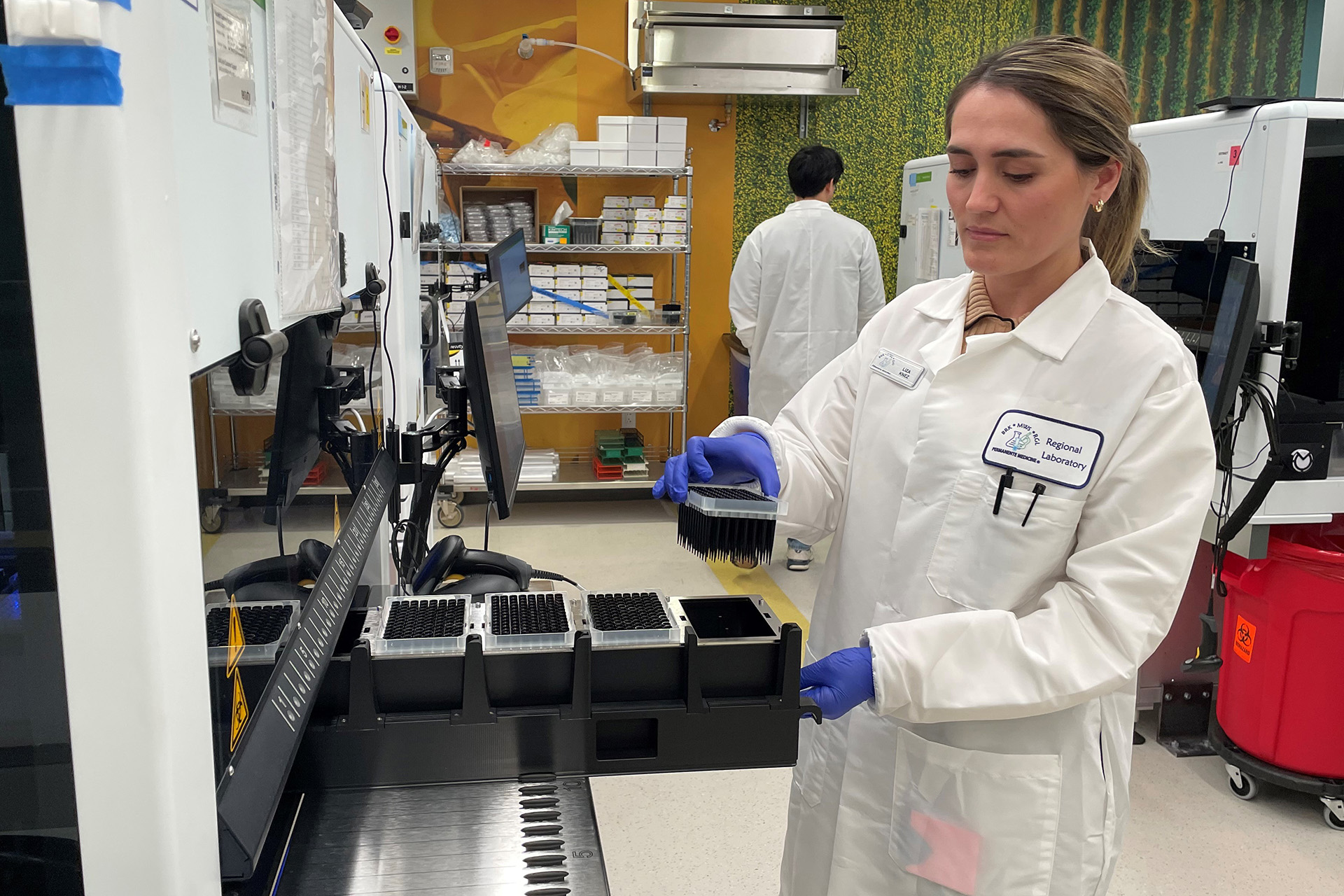
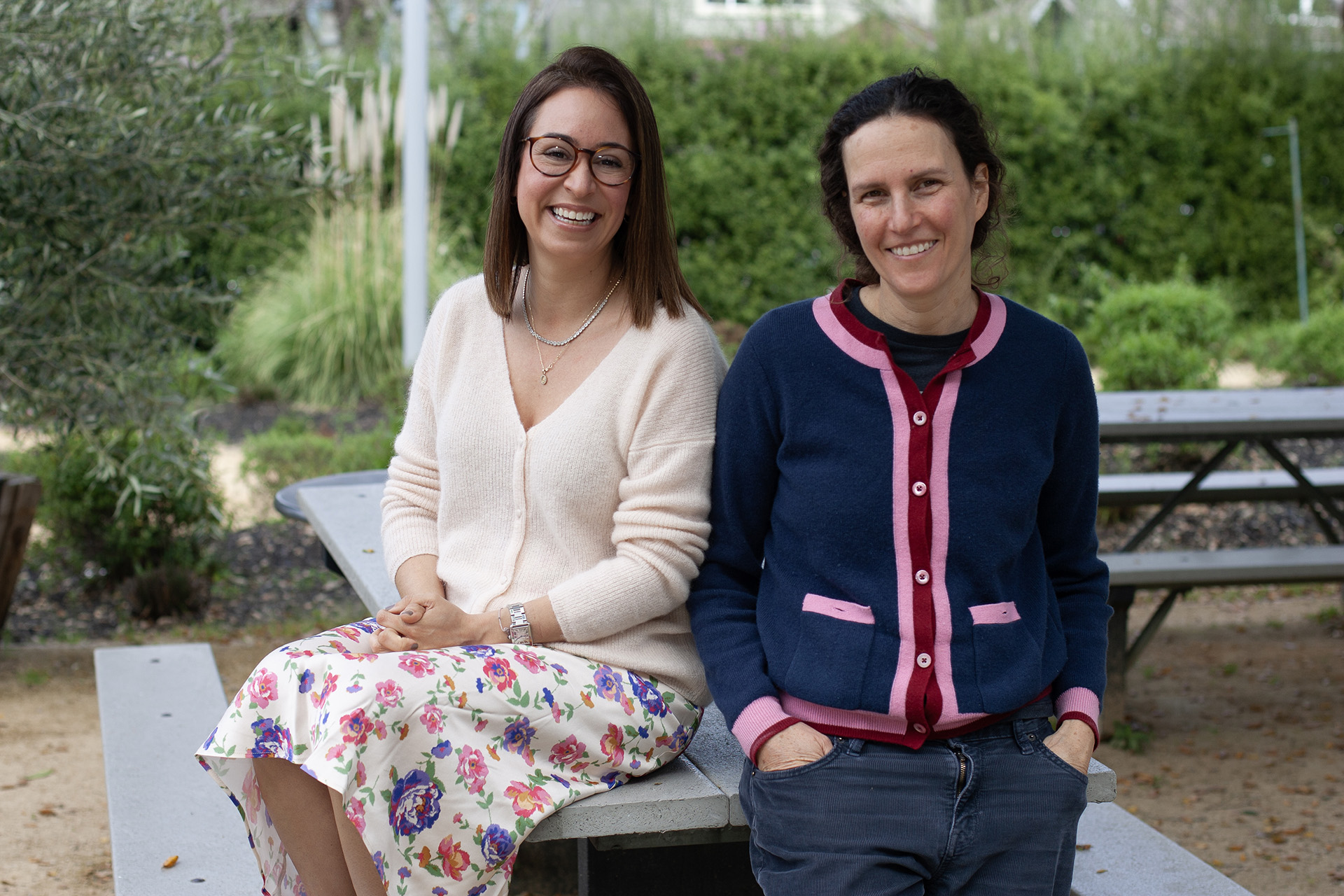
This Post Has 4 Comments
Veronica and I have had many discussions over the years about PD. I, to have PD at 43 years old. And now, 18 years later, encourage Veronica to keep on fighting the good fight. She is a strong gal.
Veronica was critical to maintaining the spirit of the RSB group during the pandemic through her on line classes. Her openness, humor, and skill as a trainer were truly motivating for Joe.
Veronica is such an inspiration. Navigating Parkinson’s while helping others who suffer must feel hugely supportive to their whole community.
That’s my beautiful, inspirational friend. She is of service to herself by being of service to others. It is in her DNA. I love her soul.